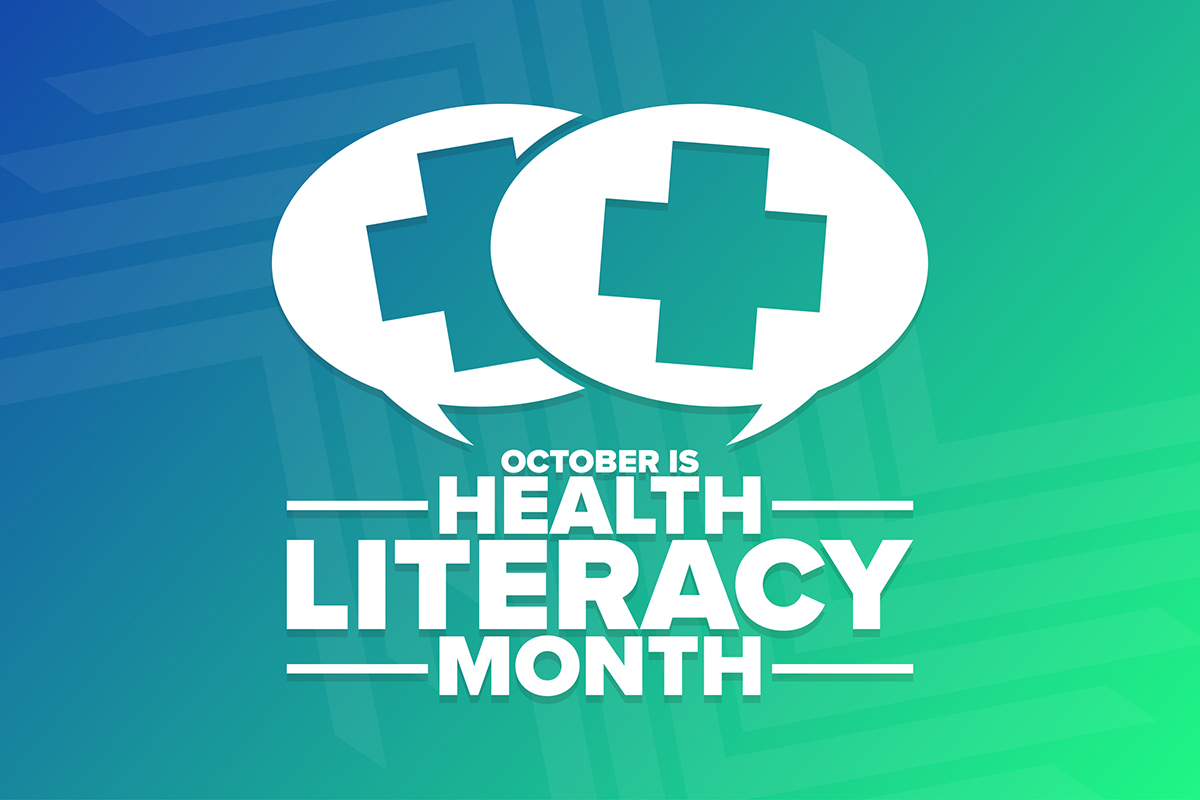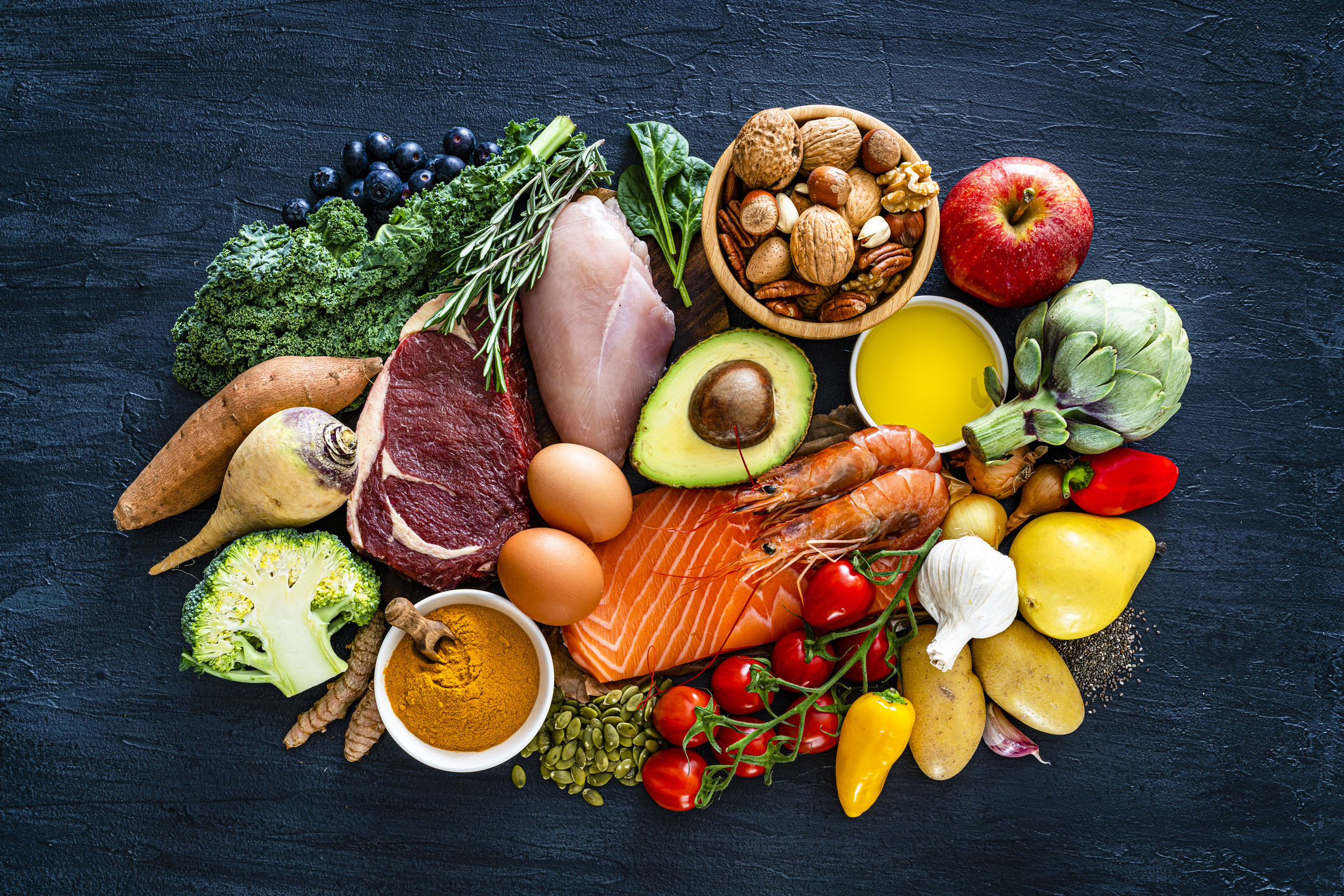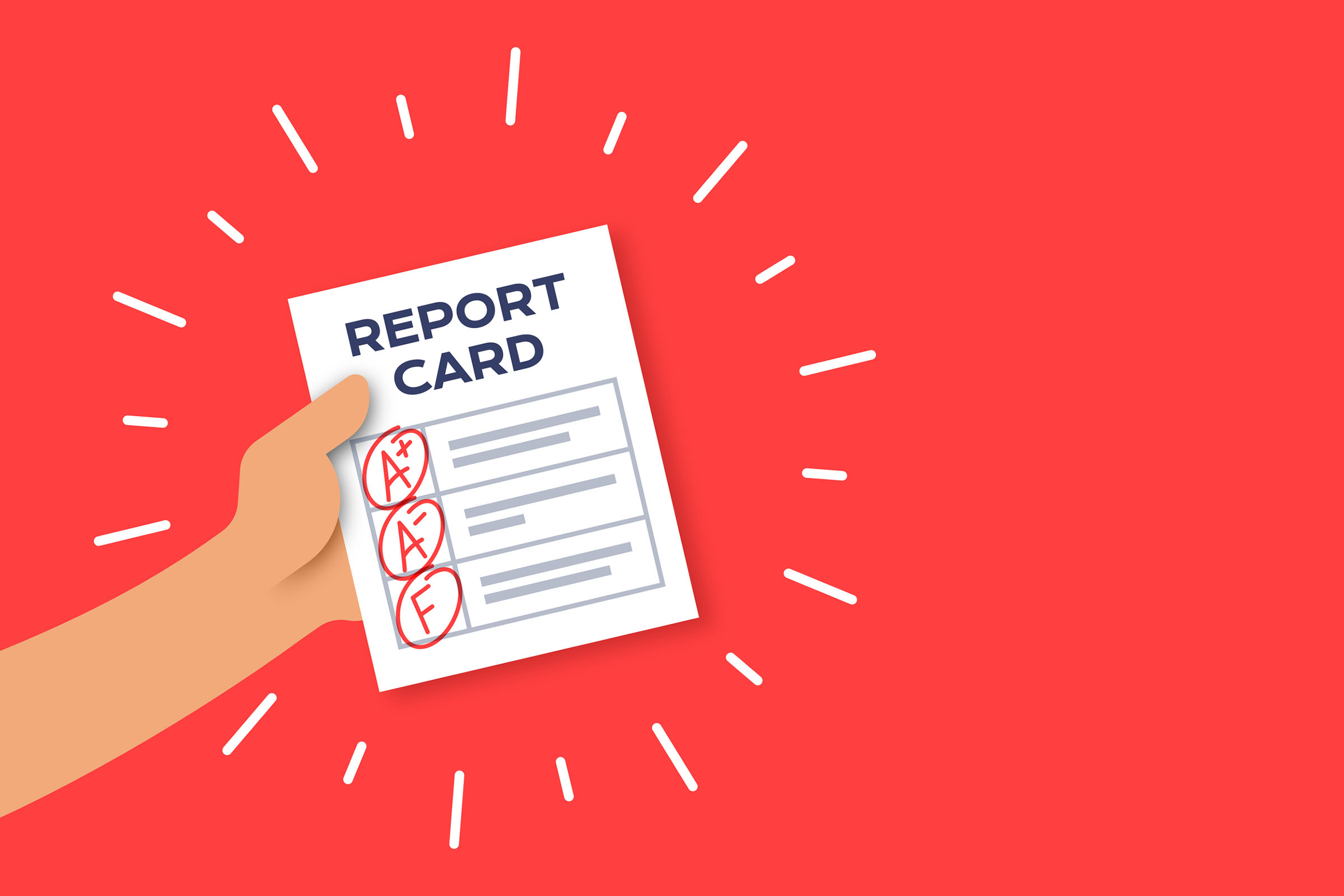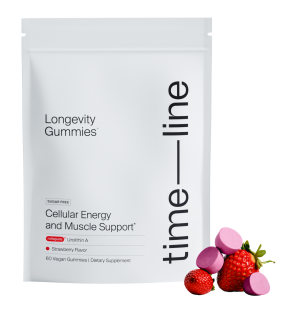The U.S. Office of Disease Prevention and Health Promotion (did you even know your taxpayer dollars were funding such an entity?) has designated October “Health Literacy Month”:
“ . . . a time to recognize the importance of making health information easy to understand and the health care system easier to navigate.”
This is ostensibly a laudable goal. Health practitioners remain notably poor at explaining health options to patients. Their communications are often cloaked in opaque terminology. The Internet and social media have opened up new avenues for imparting health information, but it’s a Wild West of divergent and often contradictory opinions.
It might be more confidence inspiring if not for the fact that the ODPHP is the very agency under whose auspices the notorious “Dietary Guidelines for Americans” were promulgated. They have been properly assailed:
“Critics point out that the guidelines committee did not consider low-carbohydrate diets, despite growing evidence that curtailing the consumption of grains and sugars in favor of meat, dairy, and eggs could improve and eliminate some metabolic diseases . . . A study in a journal of the National Academy of Sciences found that U.S. guidelines cannot be guaranteed to reflect trustworthy advice for combating obesity, diabetes, or any other chronic disease . . . 95% of the members on the dietary guidelines committee did in fact have conflicts of interest with the food or pharmaceutical industry, notably Kellogg, Abbott, Kraft, Mead Johnson, General Mills, Dannon, and the International Life Sciences.”
As Dr. Marty Makary succinctly puts it in his new book Blind Spots: When Medicine Gets It Wrong, and What It Means for Our Health: “The reason people don’t trust the medical establishment is because it lied to them.”
No wonder that efforts to police pronouncements about lifestyle and medical choices have backfired; yesterday’s “disinformation” has become today’s verities. As a result, public trust in health authorities is reaching an all-time low.
The pandemic brought this into sharp focus for many consumers of health information. We were told to mask, avoid even outdoor activities, use plexiglass barriers, and maintain six-foot distancing—all without strong verifiable evidence of benefit. The “lab-leak” hypothesis was banished from news and social media. We were told that, if we took the Covid shots, we would be virtually invulnerable to Covid, and that the vaccines would halt transmission. The jabs, moreover, were said to cause no problems other than a transient sore arm.
Sometimes I wonder if Federal Government-sponsored efforts to promote “health literacy”—commendable as they may seem—are not veiled attempts to quash “misinformation” and “disinformation” that vested interests don’t want the public to see; other viewpoints may be counterfactual to the established narrative.
Where do Americans get much of their health information? We are one of just two countries world-wide who permit direct-to-consumer advertising of prescription drugs. A recent study concluded:
“Our findings suggest that Americans who watch average amounts of television may be exposed to more than 30 hours of direct-to-consumer drug advertisements each year, far surpassing their exposure to other forms of health communication.”
Things are not much better when it comes to messaging about food. The carb-laden “Food Pyramid”, devised by experts deeply conflicted with food industry ties, became an epic fail as Americans’ waistlines surged. Official guardians of nutritional verity like the American Heart Association and American Diabetes Association still hew to obsolete low-fat guidelines. Low-carb diets are often stigmatized as “dangerous” and “harmful to the planet”.
A study of TV commercials revealed:
“14.2 % (n 1156 out of 7991) of ads were food related (858 were specific food items). Approximately 91% of food items ads included ultra-processed food (UPF) products. The top three most promoted products were soft drinks, alcoholic beverages and fast-food meals.”
“Authoritative” sources like Wikipedia are rife with bias against non-orthodox medical practices. For example, this is what Wikipedia says about naturopathic medicine:
“A wide array of pseudoscientific practices branded as ‘natural’, ‘non-invasive’, or promoting ‘self-healing’ are employed by its practitioners . . . The ethics of naturopathy have been called into question by medical professionals and its practice has been characterized as quackery”.
Their entry on acupuncture states: “Acupuncture is a pseudoscience; the theories and practices of TCM are not based on scientific knowledge, and it has been characterized as quackery.”
Homeopathy fares no better: “The fundamental implausibility of homeopathy as well as a lack of demonstrable effectiveness has led to it being characterized within the scientific and medical communities as quackery and fraud.”
Even Larry Sanger, the founder of Wikipedia, has renounced his brainchild: “I no longer trust the website I created . . . Eastern medicine is basically called quackery in dismissive, quite judgmental, language and so forth. It’s done, apparently without any compunctions at all.”
No wonder that Americans’ faith in science is declining. A 2022 Pew Research Center report discloses:
“Overall, 29% of U.S. adults say they have a great deal of confidence in medical scientists to act in the best interests of the public, down from 40% who said this in November 2020. Similarly, the share with a great deal of confidence in scientists to act in the public’s best interests is down by 10 percentage points (from 39% to 29%).”
Journalists have a responsibility to accurately report and interpret health information on behalf of the public. But lately, there’s been a tendency to uncritically parrot clickbait press releases. Pressed to deliver “news you can use”, health reporters fail to uncover flaws in research and curb their enthusiasm for pricey high-tech “breakthroughs”. Is it groupthink, or is it just laziness?
“All too frequently, what is conveyed about health by many journalists is wrong or misleading.”
That’s one of the assertions contained in a stinging editorial in the New England Journal of Medicine entitled “Communicating Medical News—Pitfalls of Health Care Journalism.” Susan Dentzer, on-air health analyst for PBS News Hour, argues:
“. . . a problem that is worsening in this era of the 24/7 news cycle is the frequent failure to put new developments into any kind of reasonable context for readers or viewers. In this environment, reporters become little more than headline readers or conduct interviews that amount to a ‘hit and run’ version of journalism . . . Should we present black-and-white versions of reality that lend themselves to stark headlines, rather than grayer complexities that are harder to distill into simple truths? I believe that when journalists ignore complexities or fail to provide context, the public health messages they convey are inevitably inadequate or distorted.”
Not to mention the pronounced anti-supplement bias of establishment health authorities and their press enablers.
Instances in which I have had to dispel the cloud of misinformation promulgated online and in the mainstream media have abounded in past years, and they will no doubt continue in years to come.
I also don’t pull punches when it comes to excesses committed on behalf of alternative medicine. Over-the-top, unscientific claims made by uncritical partisans of natural solutions do our cause untold damage because they undermine the credibility of the entire field, arming skeptics who call what we do “quackery.” I promise to unmercifully “call ’em as I see ’em” when it comes to exposing out-sized pitches made by zealots or hucksters.
I view my responsibilities as a health journalist very seriously. I have a duty to uncover the truth, however difficult it may be to buck widely held convictions of the medical establishment. My commitment is to you, my listeners and readers, and I vow to renew that pledge here at Intelligent Medicine as we tackle the complex medical stories that will make headlines in the coming months and years.
My hope is that, as a result of following my reporting in Intelligent Medicine, your true health literacy will take a dramatic leap forward.
Listen to this week’s podcast interview with investigative journalist Sharyl Attkisson about her new book Follow the Science: How Big Pharma Misleads, Obscures, and Prevails.







